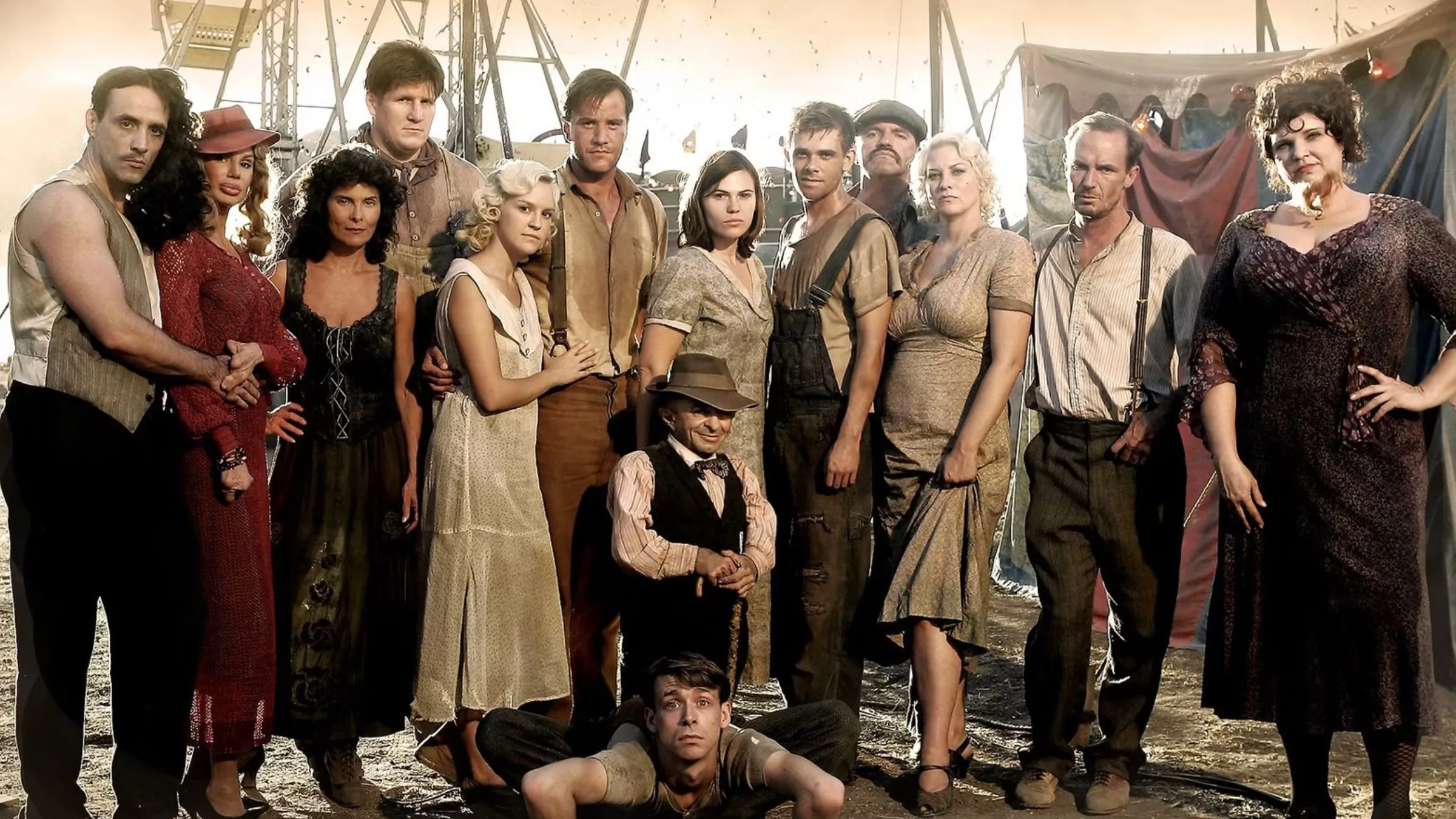
Fantasy television has a history of both incredible success and frustrating failure. While some fantasy shows quickly become popular, others are ahead of their time and get canceled before they can find an audience. Many series were ambitious and innovative, featuring imaginative worlds and characters, but proved too groundbreaking for their moment – a real shame when they deserved to thrive. Despite this, these shows took necessary risks and often paved the way for future hits, even if they remain underappreciated by most viewers.
These 7 fantasy TV shows were remarkable because they dared to be different. They were strange, original, and pushed the boundaries of what fantasy could be. While some didn’t find a large audience, others redefined the genre, but all of them demonstrated true courage, innovation, and creativity.
7) Galavant
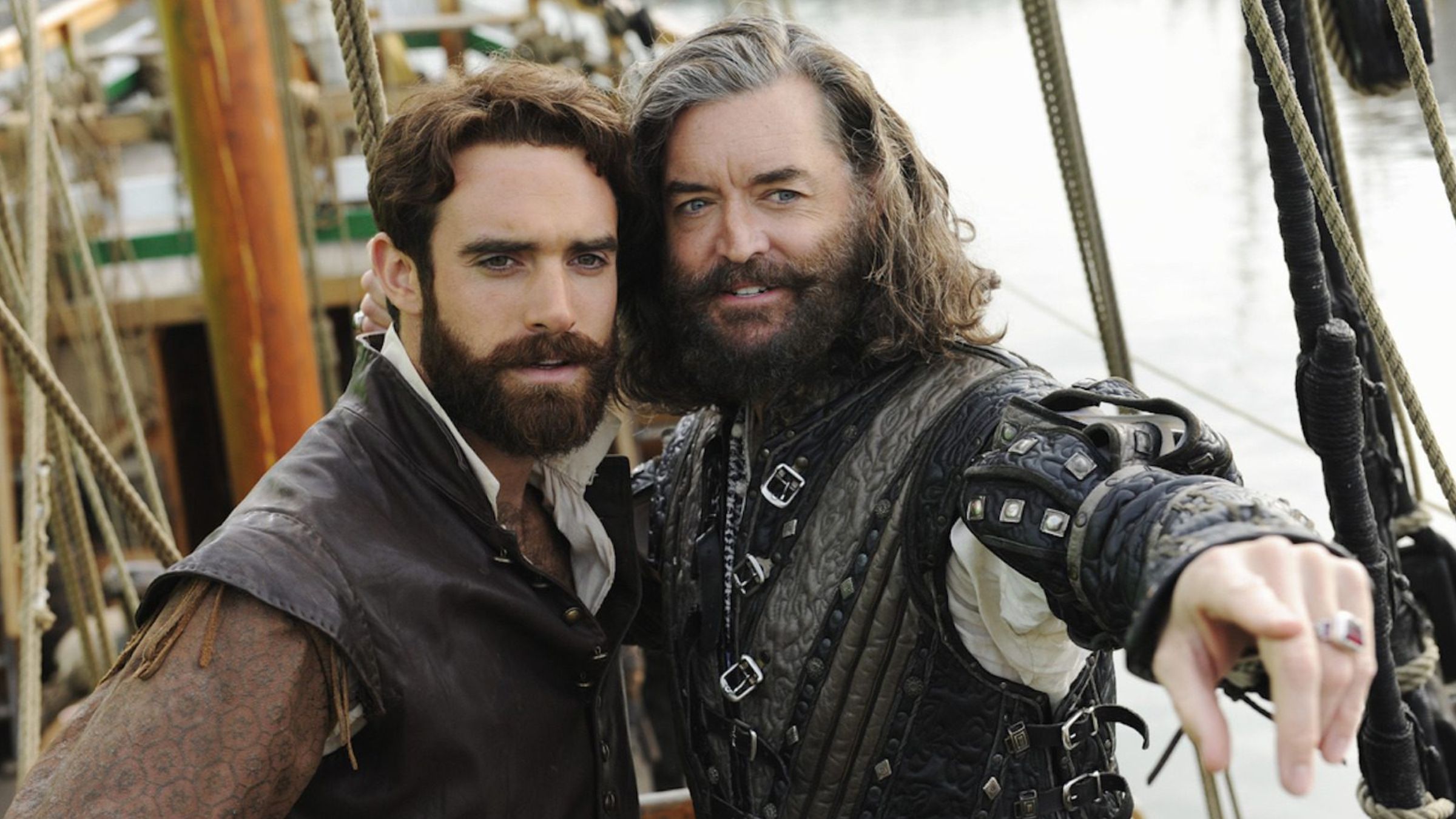
Most people haven’t discovered Galavant, and that’s a shame because it was a truly special show that ended too soon. It’s about a knight named Galavant (played by Joshua Sasse) who sets out to get revenge on a king who wronged him, but it’s a surprisingly lighthearted and funny adventure. The show brilliantly combined comedy, musical numbers, and medieval fantasy, featuring flawed heroes, over-the-top villains, and songs that playfully comment on the plot. While it might seem like a simple, enjoyable streaming watch now, it was remarkably innovative and experimental for its time in the 2010s, which is why it didn’t quite catch on with viewers then.
One reason Galavant didn’t find a wider audience was the television landscape at the time – this was before streaming services like Netflix dominated the market. The show was ahead of its time; viewers weren’t quite ready for a fast-paced, satirical fantasy musical, particularly in such a short format (around 20 minutes per episode). Galavant cleverly turns familiar tropes on their head with witty humor and a quick tempo. While it might still appeal to a specific audience today, it would likely receive far more attention and achieve greater success than it did during its original run.
6) Penny Dreadful
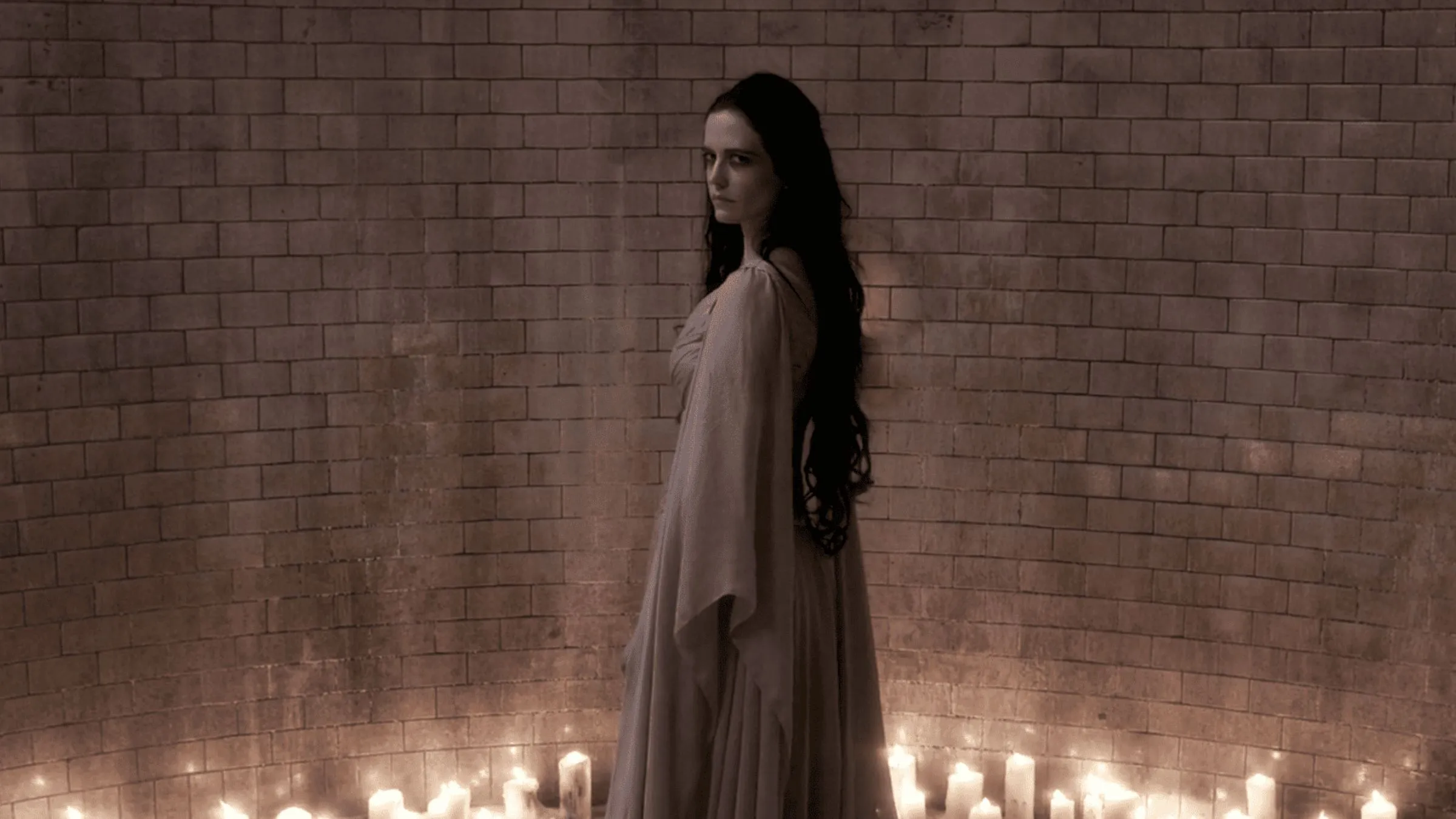
Many people remember Penny Dreadful, though it wasn’t a mainstream hit. The show uniquely blended fantasy and gothic horror, creating a darker, more mature, and psychologically complex experience than most television at the time. At its heart, the story follows Vanessa Ives (Eva Green), a troubled psychic grappling with both supernatural entities and her own personal struggles. However, it’s more than just a monster show; it delves into themes of guilt, desire, trauma, and the possibility of finding redemption. It reimagines classic monsters like Frankenstein and Dracula, using them to explore the complexities of human nature and the darkness within us all.
Penny Dreadful was remarkably innovative, perhaps even too innovative for its time. It fearlessly explored dark and psychological themes that most shows avoided back then. While blending horror and psychological drama is common now – think of the work by Mike Flanagan – audiences weren’t quite prepared for it when Penny Dreadful first aired. It was a complex show that unfortunately didn’t get the recognition it deserved, and as a result, it’s largely been overlooked despite being a groundbreaking series.
5) Xena: Warrior Princess
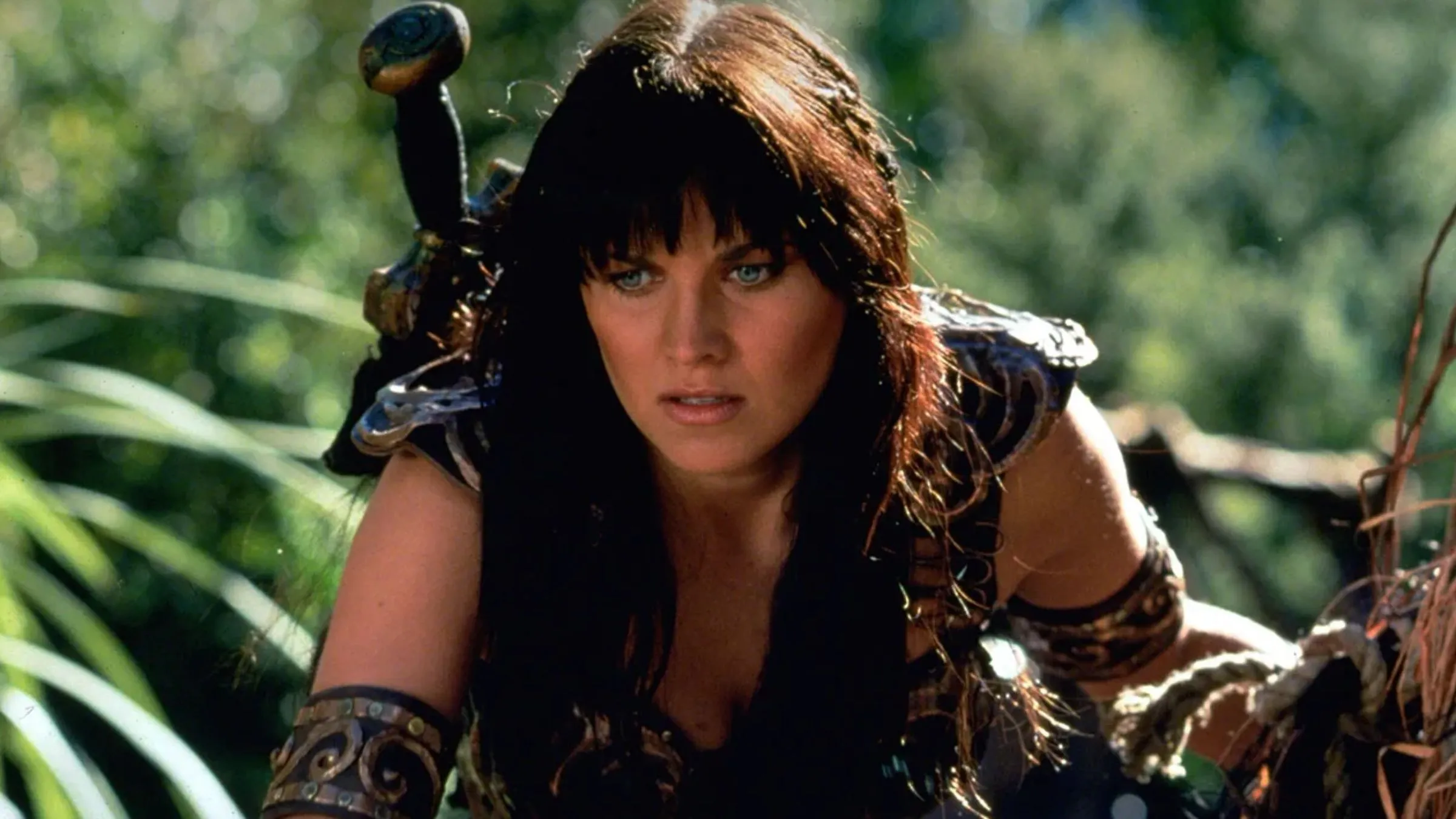
Many people still remember Xena, and for good reason – her 90s show was truly groundbreaking, even if it wasn’t fully appreciated then. At a time when most TV heroes were men, Xena: Warrior Princess demonstrated that a woman could successfully lead an action-packed series filled with mythology and comedy. In fact, Buffy the Vampire Slayer likely benefited from the path Xena paved. The show centers on Xena (Lucy Lawless), a former warrior trying to make amends for her past, and her close friend Gabrielle (Renee O’Connor), who guides her morally. Beyond the exciting action, Xena explored complex themes like forgiveness, regret, making difficult choices, and the importance of relationships – all in a way that was unusual for television at the time.
Though often remembered fondly as a classic, Xena: Warrior Princess was truly groundbreaking. It demonstrated that audiences weren’t quite ready for action shows that blended humor with deeper meaning, but it paved the way for more complex female heroes. The show redefined the roles of women in fantasy, proving that strength and vulnerability weren’t mutually exclusive. While it might seem simple now, Xena was incredibly innovative for its time, which is why it didn’t immediately achieve widespread mainstream success.
4) Brimstone
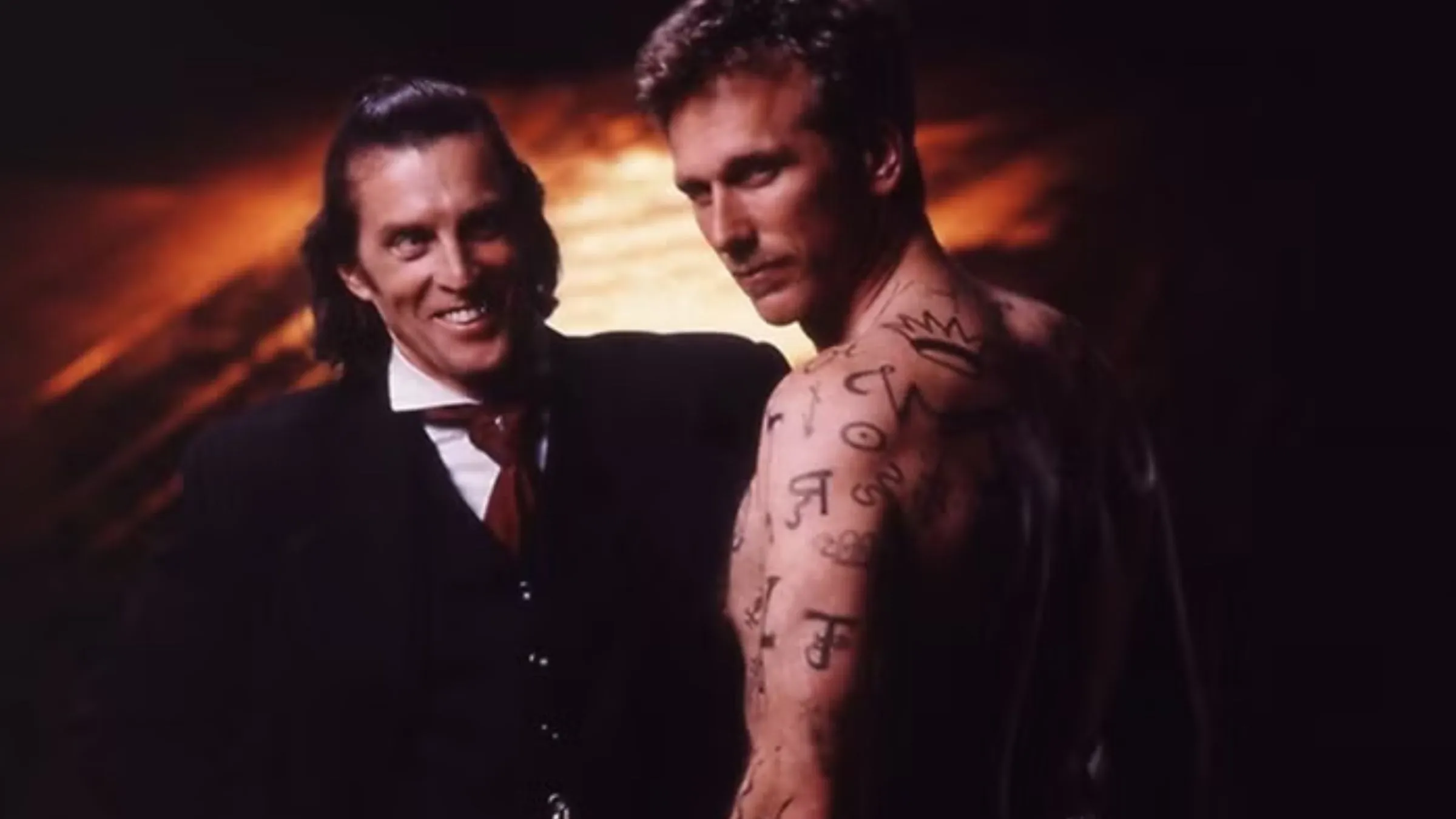
One show that ended prematurely was Brimstone, which really should have become a cult favorite. The series centered on Ezekiel Stone (Peter Horton), a police officer who dies and is resurrected to capture 113 escaped demons. Brimstone boldly blended the structure of a police drama with complex moral questions and fantasy elements – and it didn’t shy away from difficult themes. Ezekiel grappled with criminals, the supernatural, the possibility of redemption, and his own imperfections as he tried to complete his task. While shows that combine genres are common now, in 1998, this mix of dark fantasy and police work was a daring approach.
As a huge fan of imaginative storytelling, I always felt Brimstone was ahead of its time. It really took fantasy seriously, adding layers of depth and doing things in a way I hadn’t seen before. Now, we see shows blending genres all the time on streaming services, but back when Brimstone came out, it was totally new ground. I think the idea was fantastic, but honestly, viewers just weren’t quite ready for it. It just premiered before its time, you know?
3) Dead Like Me
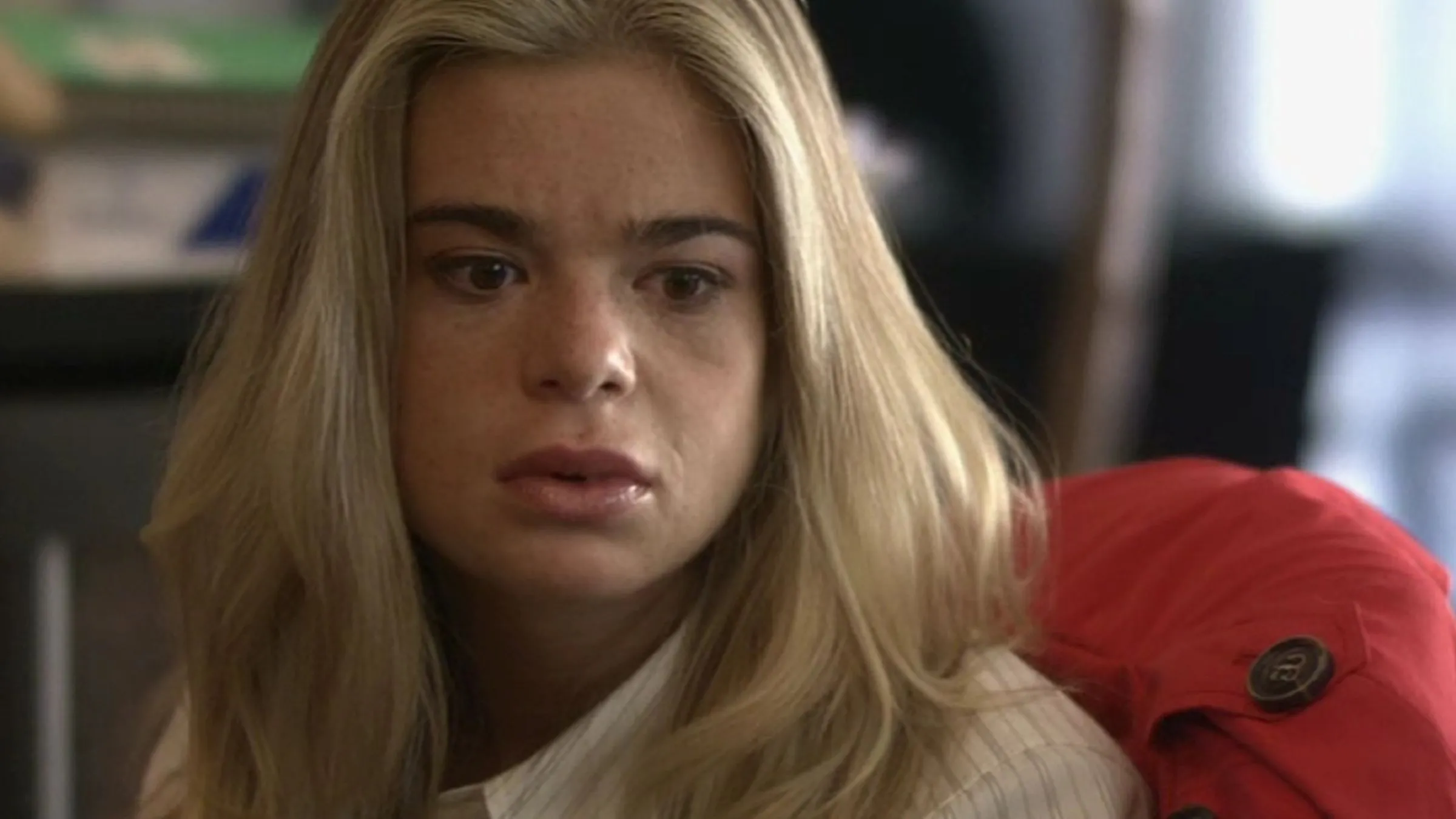
As a huge movie and TV fan, I think Dead Like Me was seriously ahead of its time. It’s one of those shows that nobody quite knew what to do with when it first aired. The premise is wild: this young woman, George, dies in the most ridiculous way possible – crushed by a toilet seat falling from space! – and then becomes a grim reaper. It’s a fantastic blend of dark humor, really thought-provoking drama about life and death, and a bit of fantasy. It dealt with death head-on, which was pretty brave for a TV show back in the early 2000s, and feels even more relevant now.
A good comparison is the show The Good Place, which was very popular for its clever, heartfelt, and humorous take on death and what it means to exist. However, The Good Place didn’t come out until 2016 – more than ten years after Dead Like Me – and it’s generally more upbeat. Dead Like Me, on the other hand, was known for its ironic and darker approach. Taking on such serious topics with that much honesty was a bold move for television at the time. Unfortunately, the show didn’t get much attention when it originally aired, but it’s now gaining a following and being recognized for how innovative it was.
2) Pushing Daisies
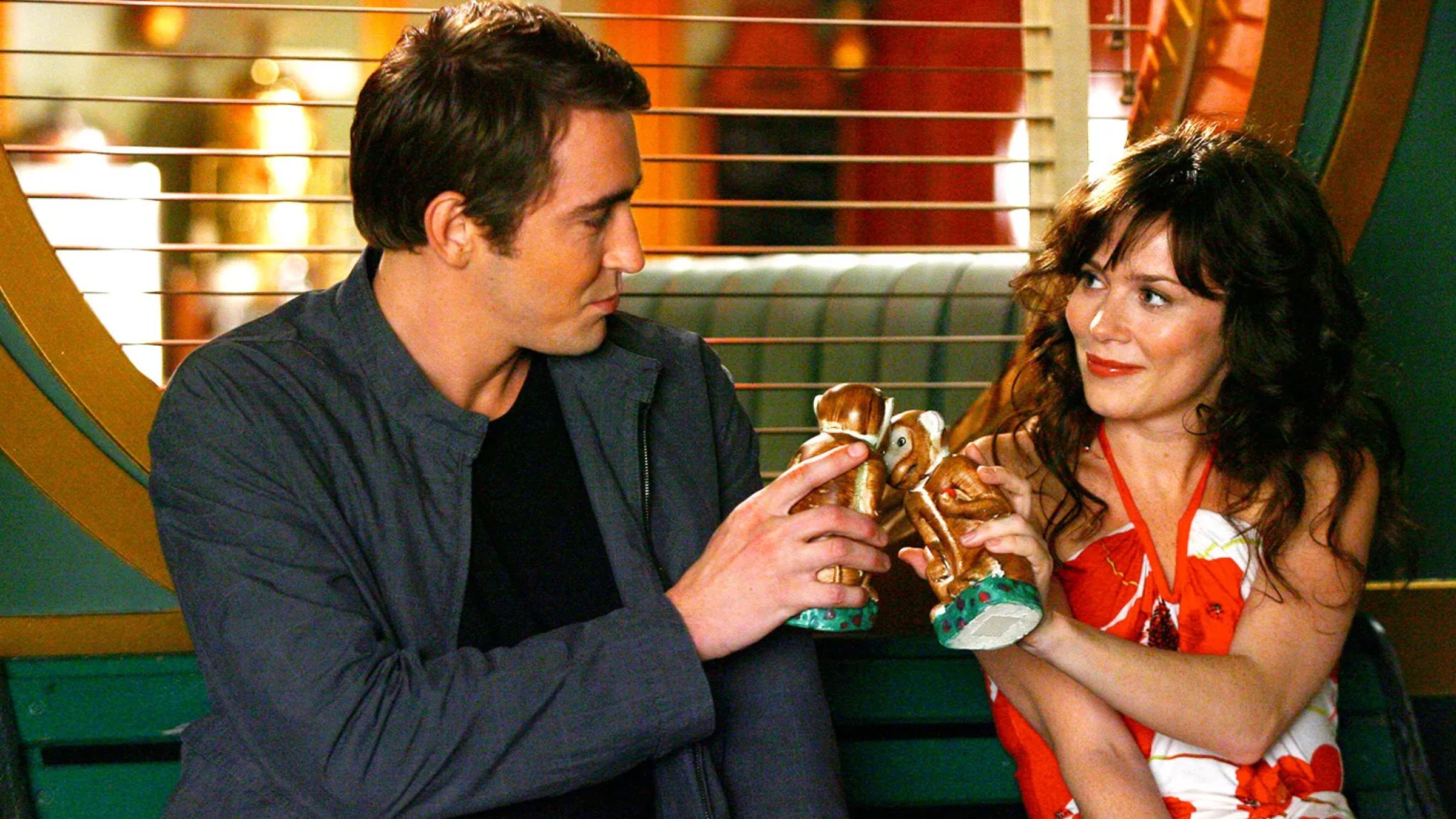
Bryan Fuller, the creative force behind shows like Dead Like Me and Hannibal, brought a unique vision to Pushing Daisies. The show centers on Ned (Lee Pace), a crime solver with the extraordinary ability to temporarily revive the dead—but with a complicated catch. Adding to the challenge, Ned falls in love with a woman he can’t physically touch without risking her life. Pushing Daisies blends romance, mystery, and fantasy into a visually stunning series that feels more like a movie than a typical TV show.
Years before streaming became popular, Pushing Daisies was a truly unique show that likely would be a hit with today’s audiences. It stood out from everything else on television with its quirky humor, complex stories, and incredibly vibrant style. While it might have seemed a bit chaotic, that was part of its charm. It was a brilliantly crafted show, and it’s no surprise it’s now a beloved cult classic – even though it ended with a major cliffhanger.
1) Carnivàle
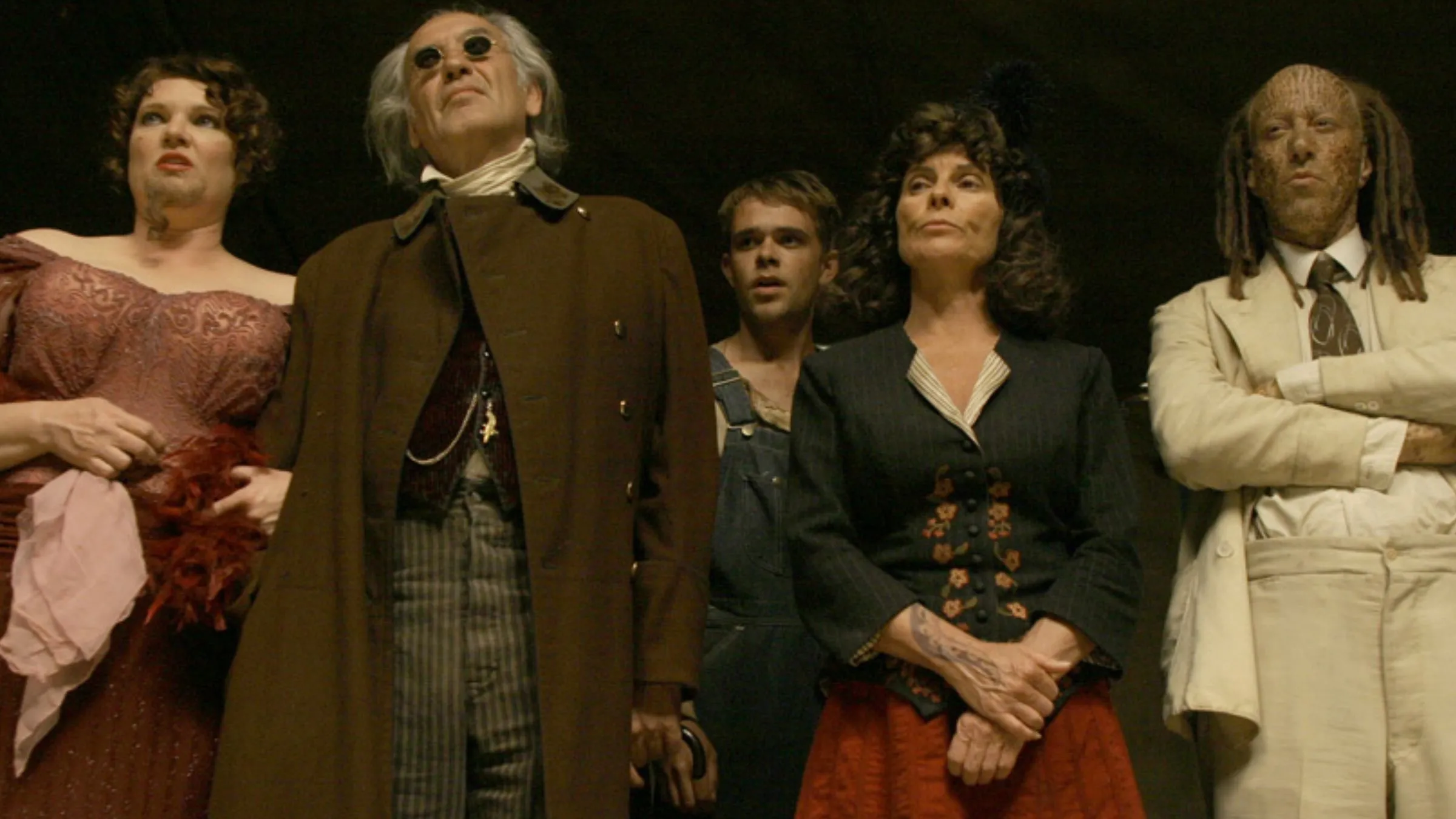
HBO is known for high-quality shows across all genres, and their fantasy series are particularly good at creating immersive worlds. However, their series Carnivàle might have been ahead of its time. Set during the Great Depression, the show centers on Ben Hawkins (Nick Stahl), a young man who can heal people, and his conflict with the villainous Brother Justin (Clancy Brown). The story unfolds through a traveling carnival and features a fascinating group of mystical characters. While the show had the potential to be a hit, its complex writing, slow pace, and elaborate mythology proved challenging for many viewers to follow week after week.
Carnivàle was a fantastic, but overlooked, dark fantasy series. It was complex and visually impressive, asking a lot of viewers at a time when TV shows weren’t typically so demanding. Now, audiences actually expect that level of detail in quality series. Back then, it worked against the show, and it didn’t get the attention it deserved. Despite this, Carnivàle remains a hidden gem and one of the best-written, most complete fantasy series ever made.
Read More
- Best Controller Settings for ARC Raiders
- Sony Removes Resident Evil Copy Ebola Village Trailer from YouTube
- Ashes of Creation Rogue Guide for Beginners
- Daredevil Is Entering a New Era With a Chilling New Villain (And We Have A First Look) (Exclusive)
- The Night Manager season 2 episode 3 first-look clip sees steamy tension between Jonathan Pine and a new love interest
- So Long, Anthem: EA’s Biggest Flop Says Goodbye
- 29 Years Ago Today, The Simpsons Aired Its Biggest Crossover With a Sci-Fi Classic (And It Worked Perfectly)
- Resident Evil Showcase Gives Us Another Look at Requiem This Week, Here’s When to Watch
- A Forgotten Capcom Franchise Is Reportedly Making a Big Return
- 14 Years Ago, Star Wars Finally Told a Story Fans Had Only Theorized About (And They’ve Failed to Actually Tell More Since)
2025-11-13 05:12